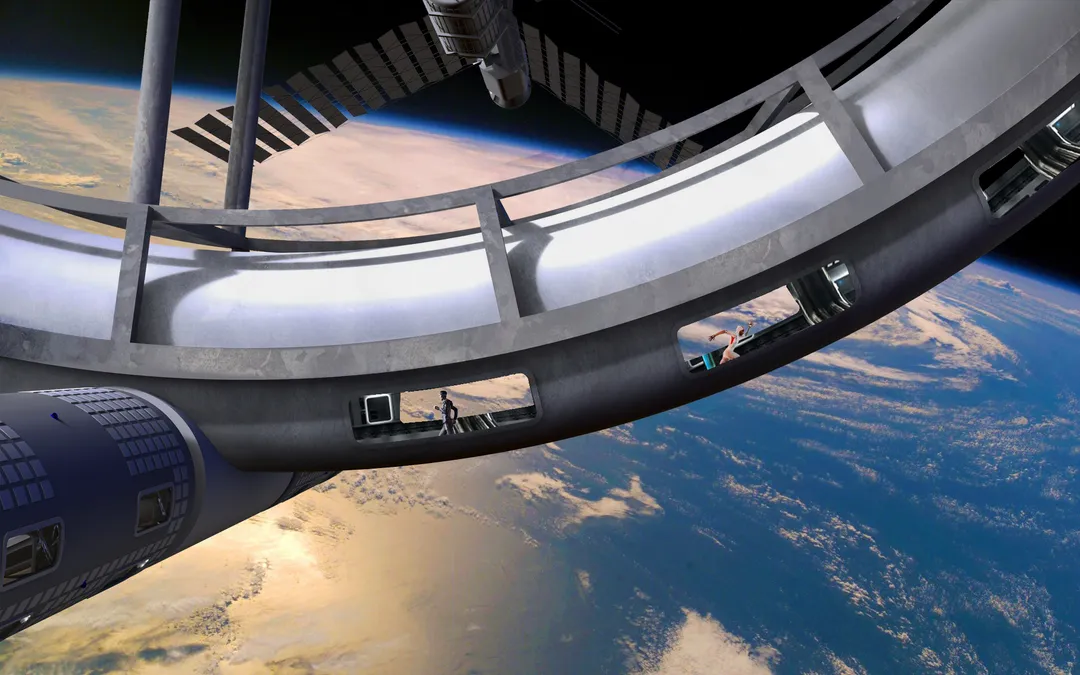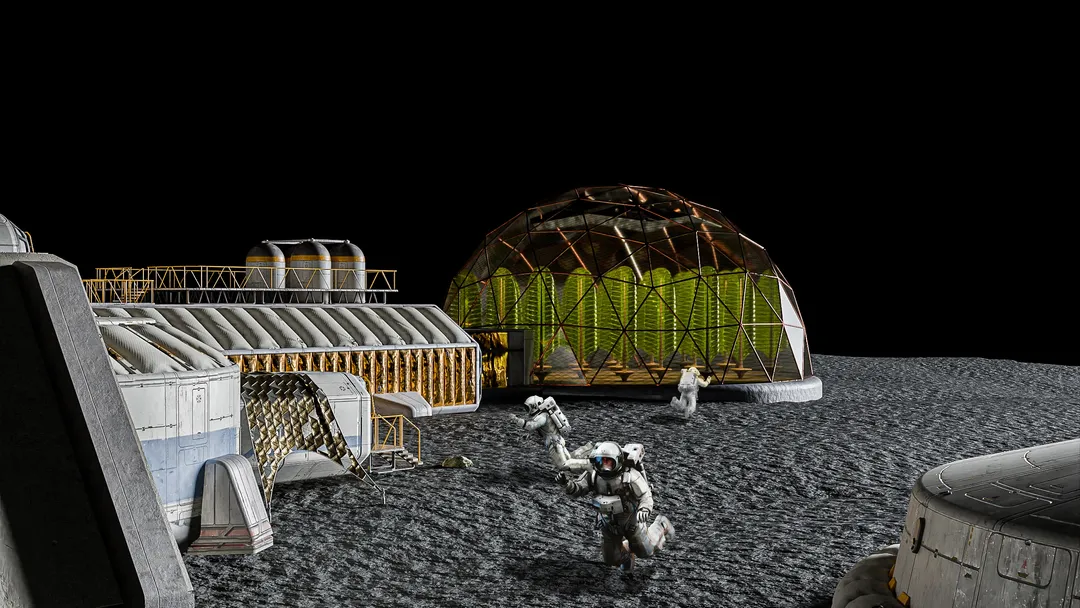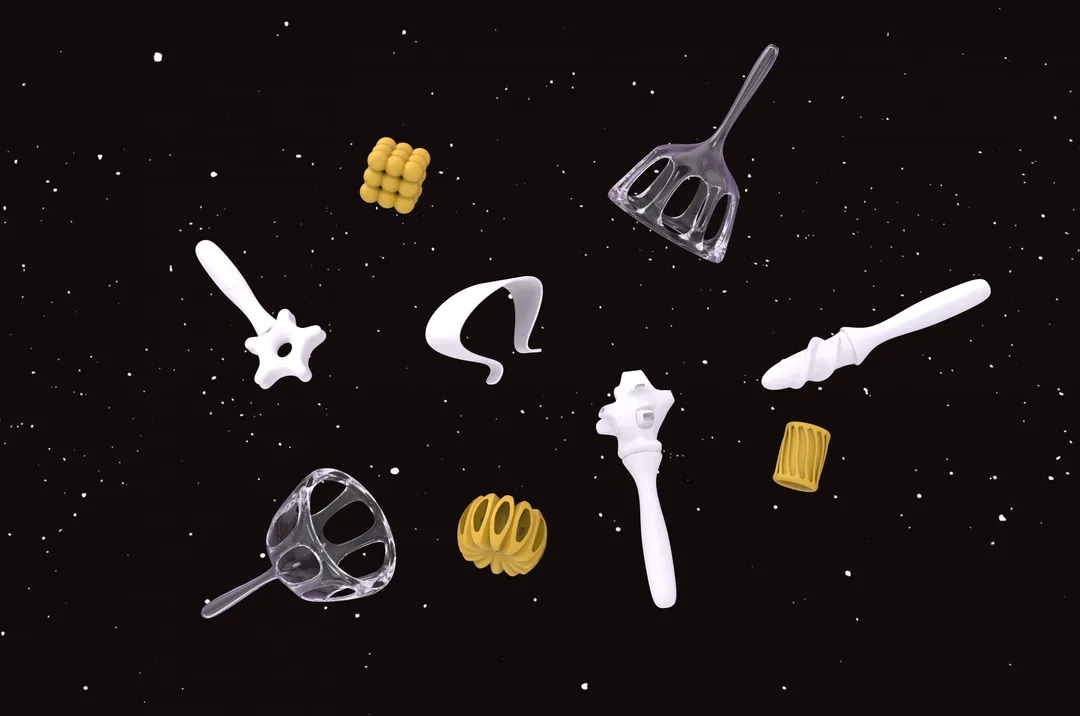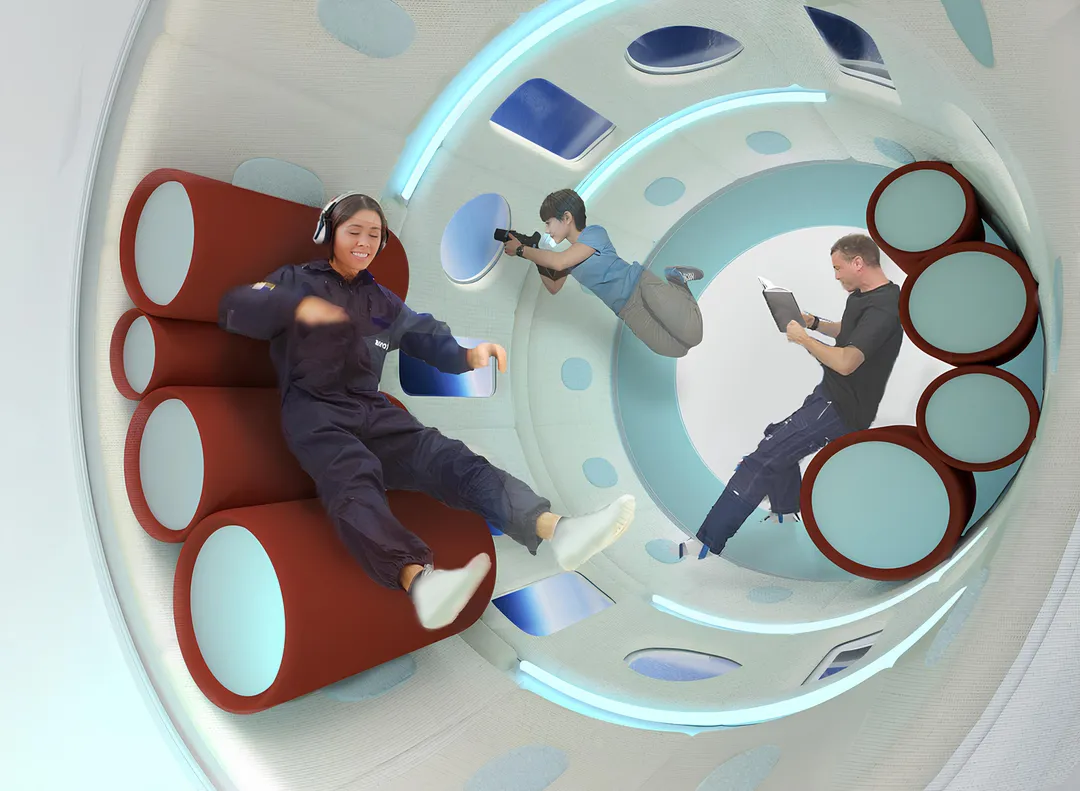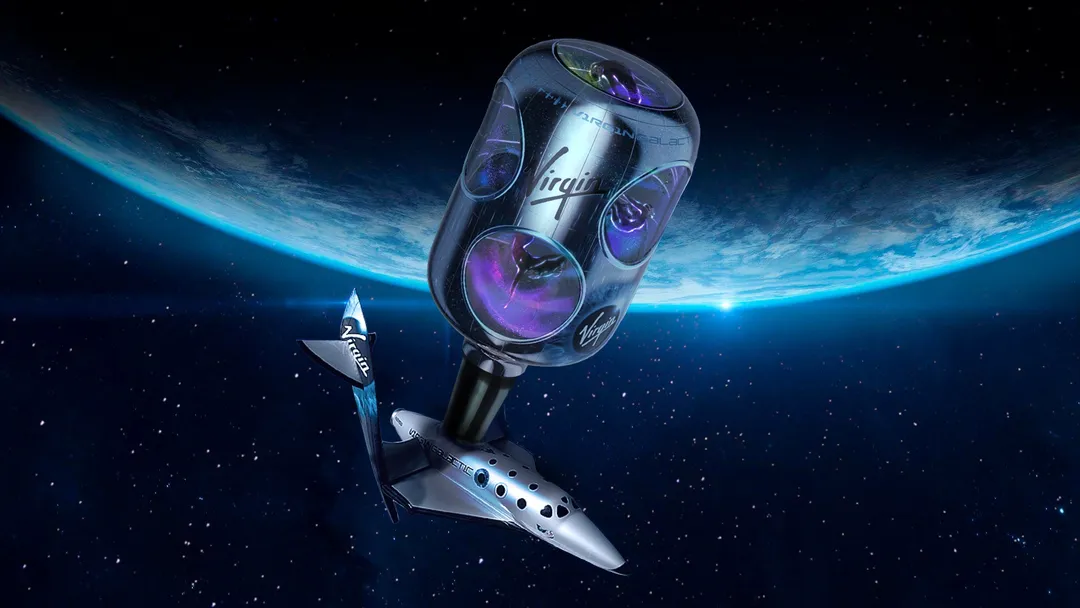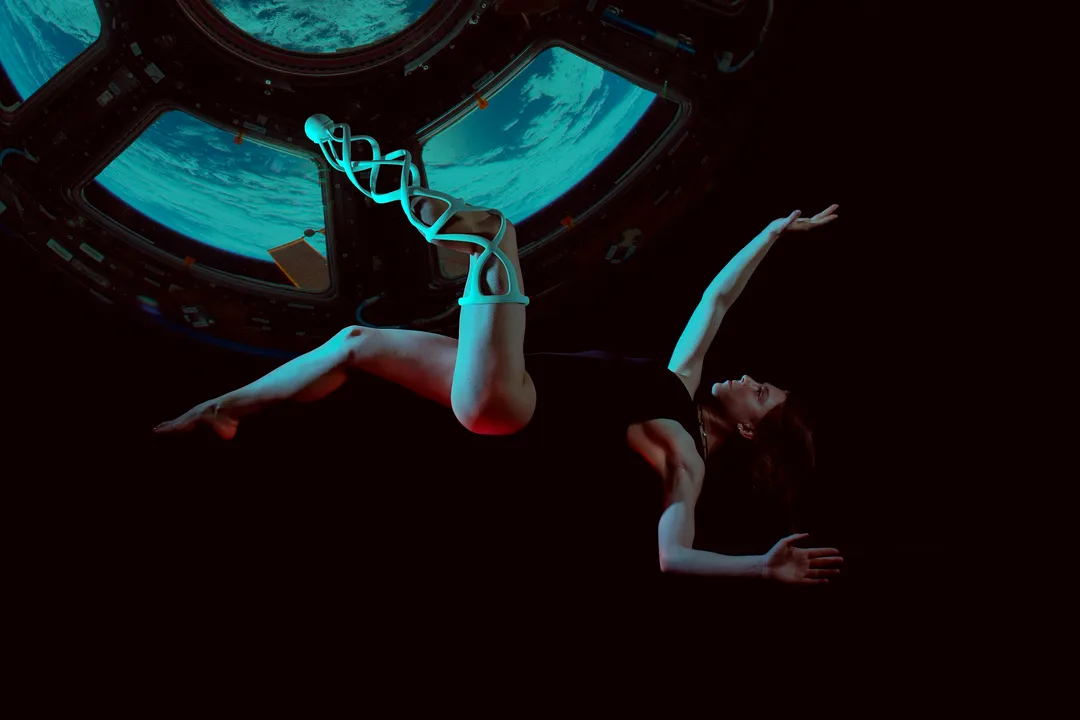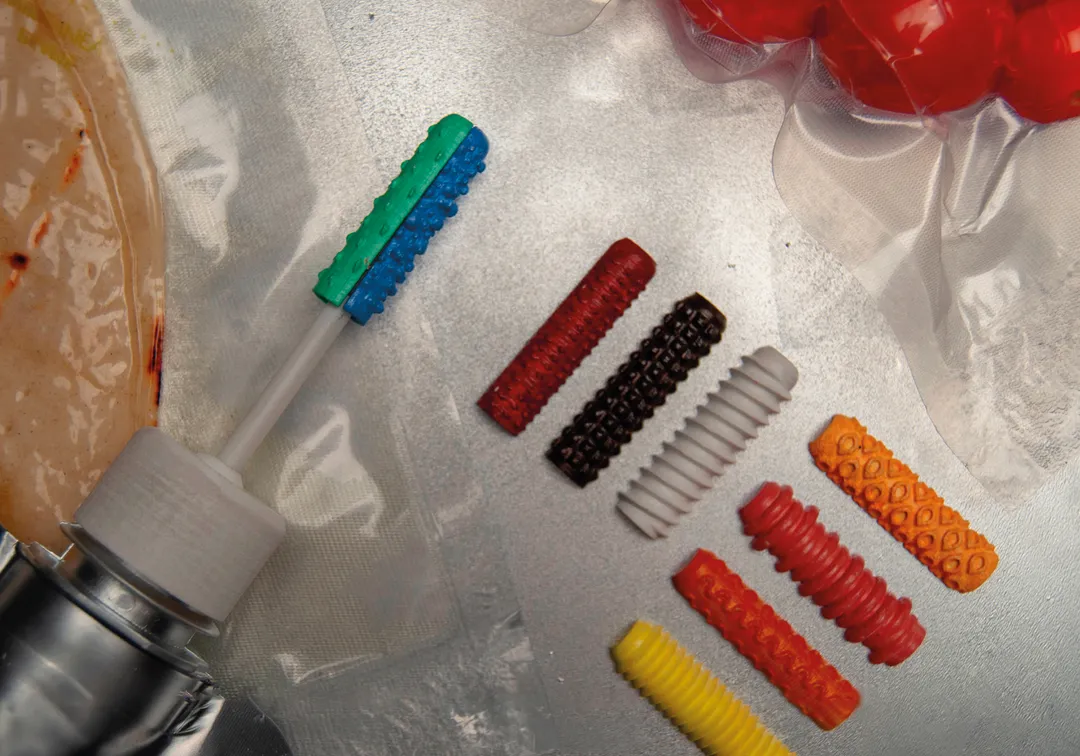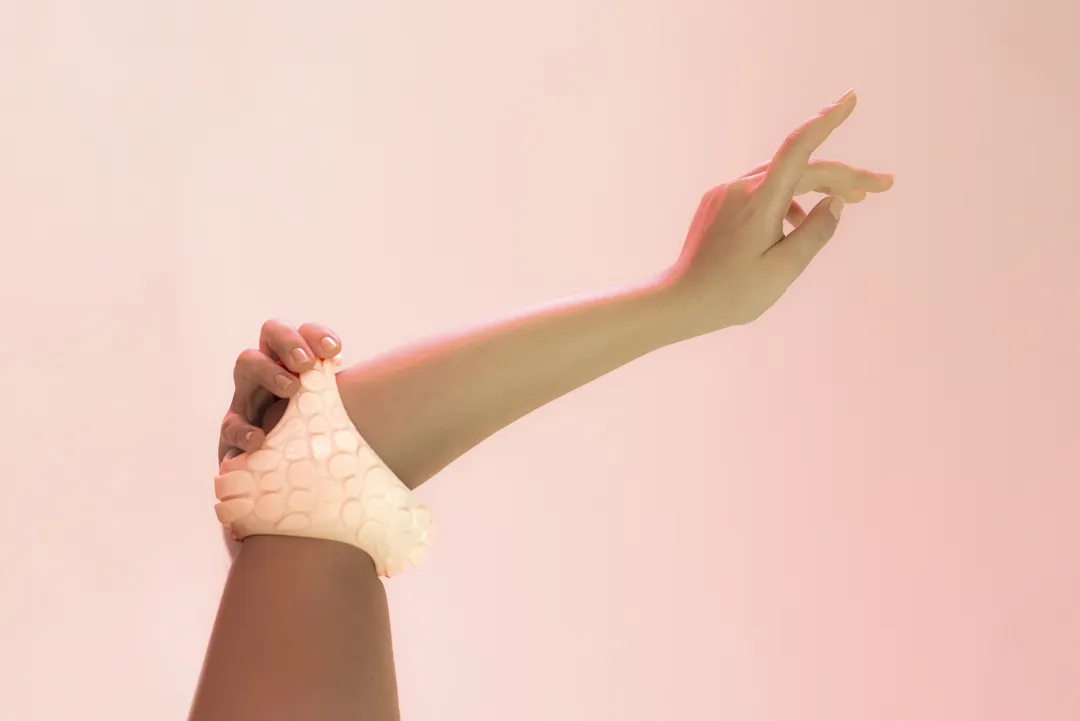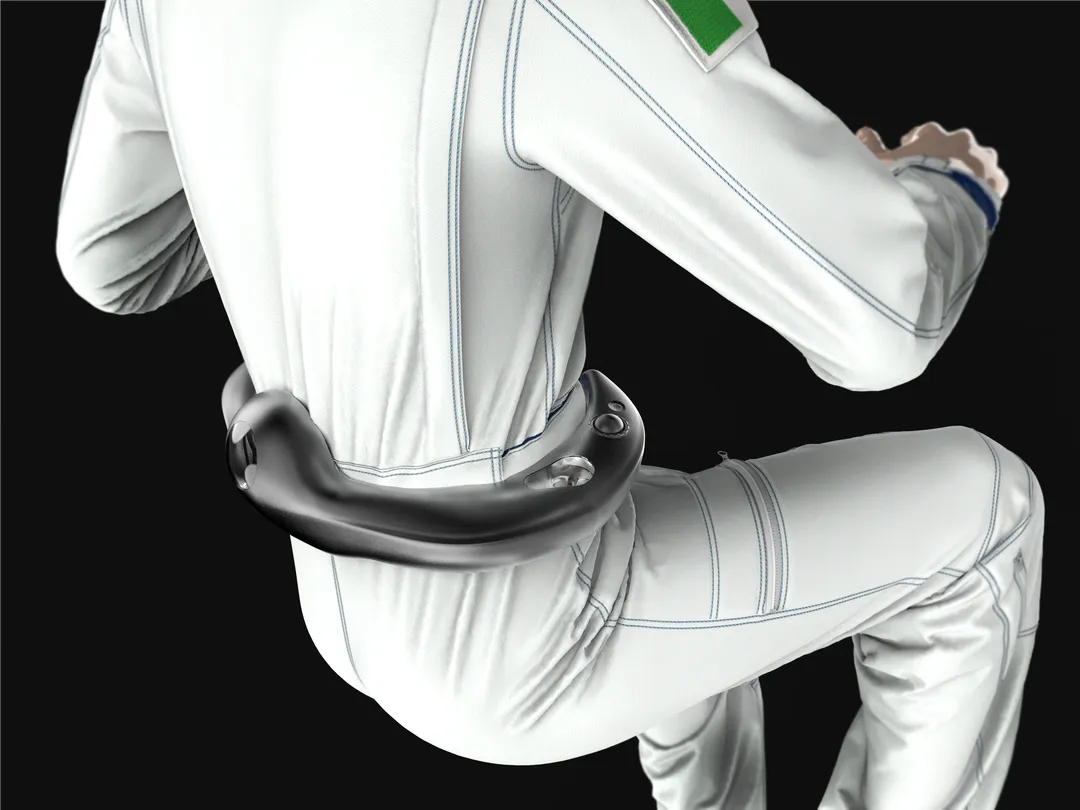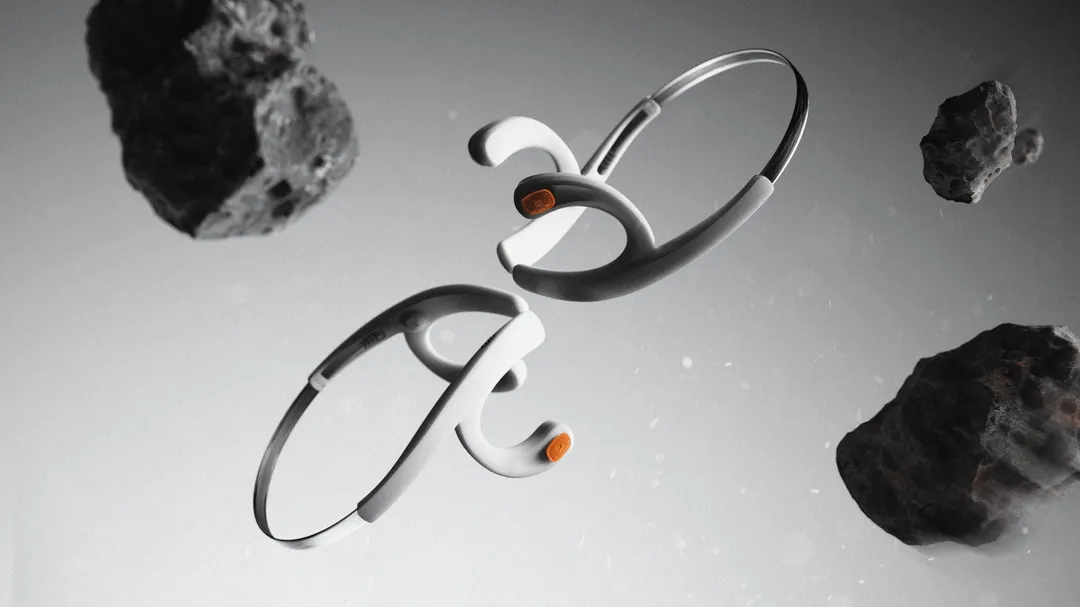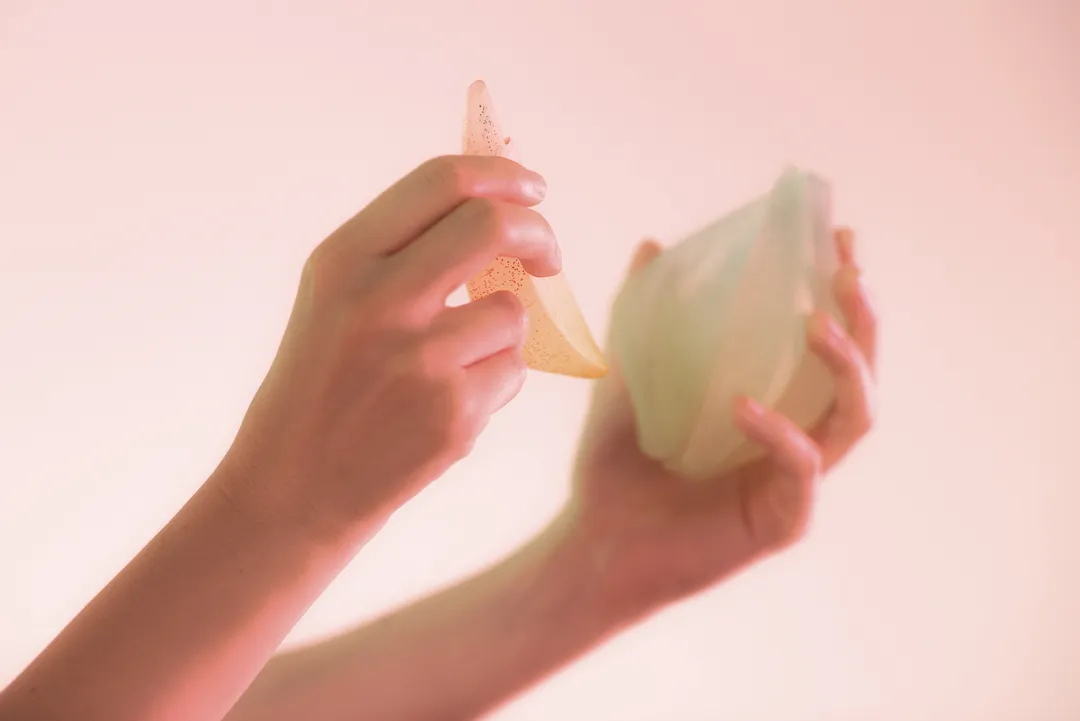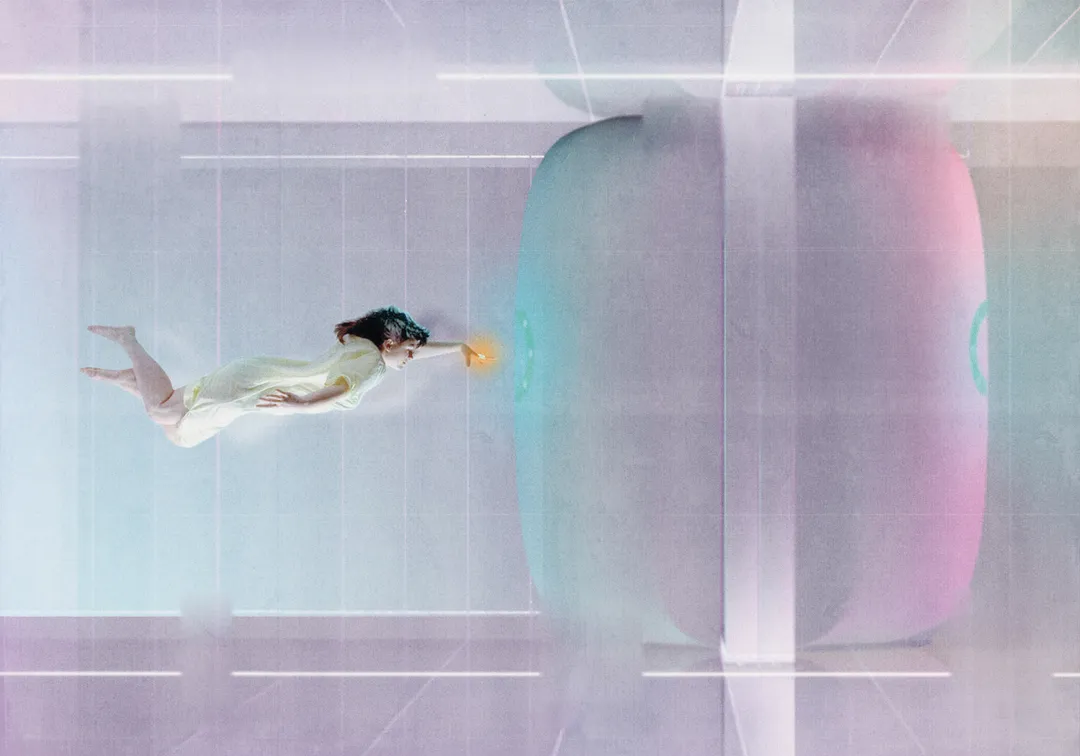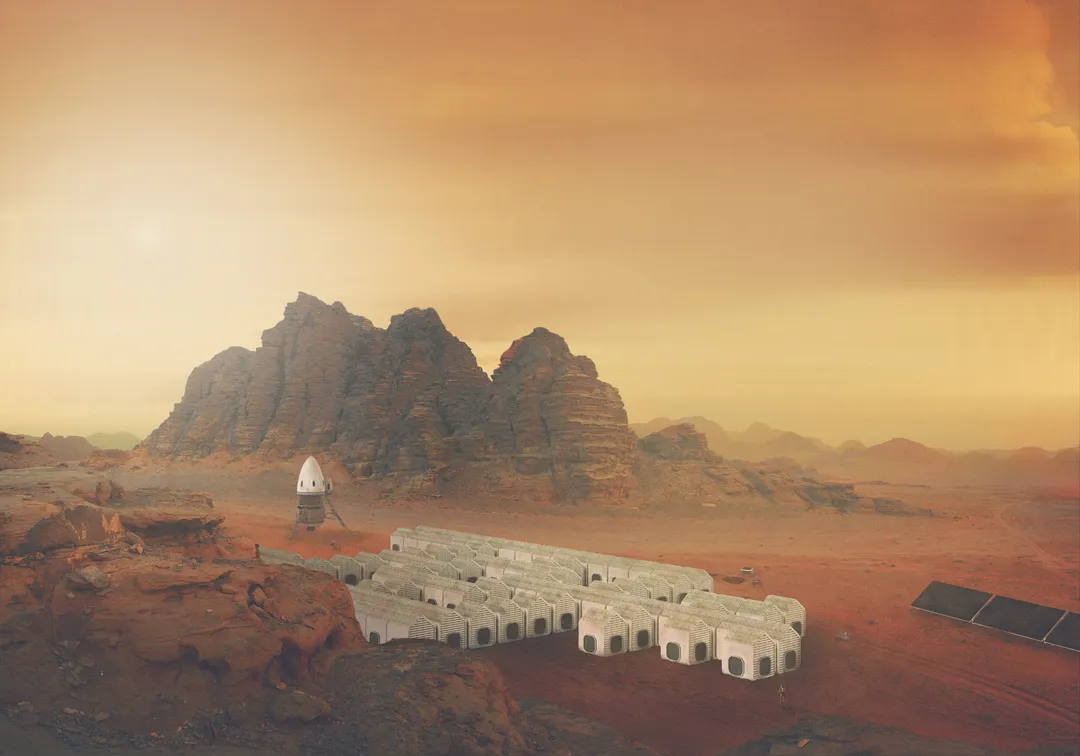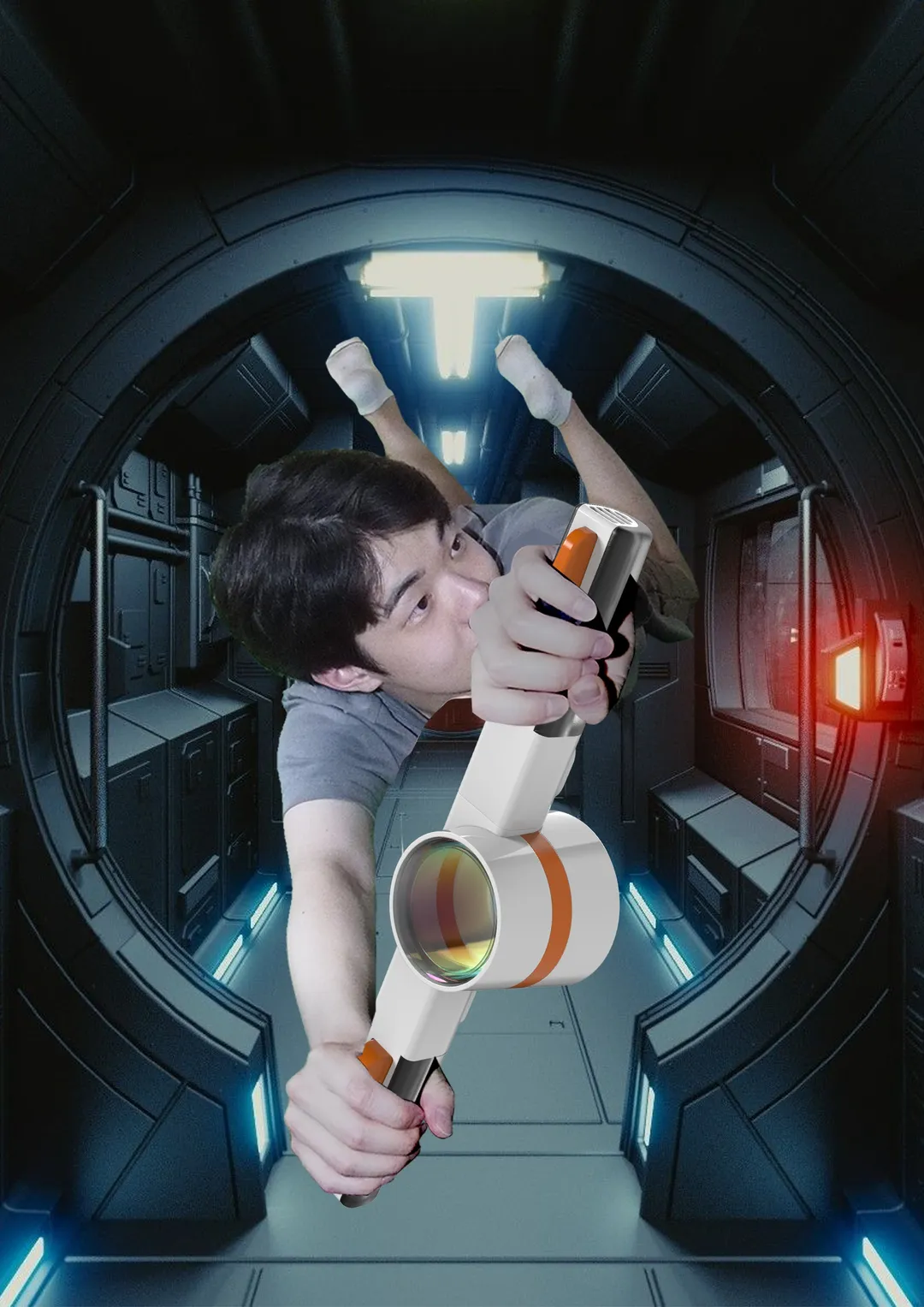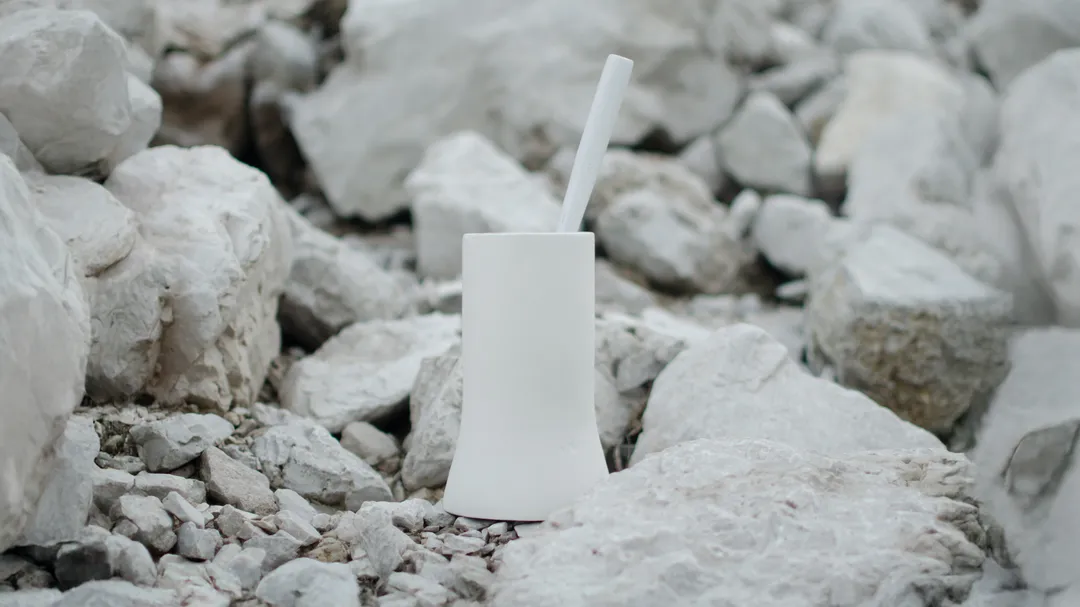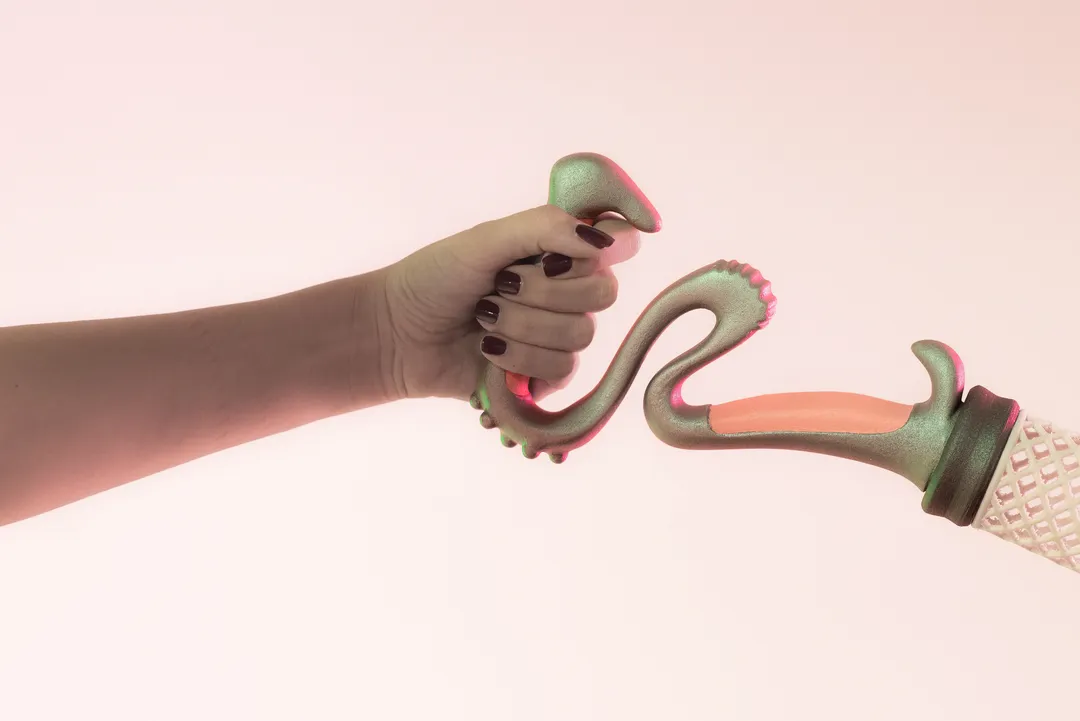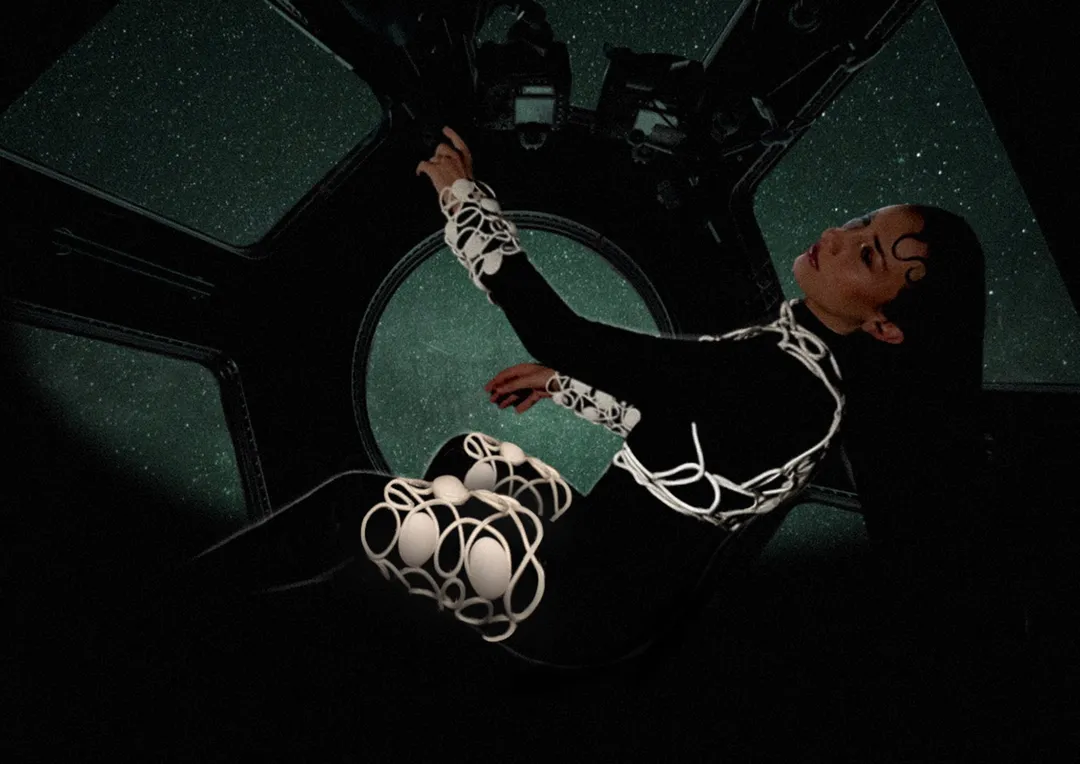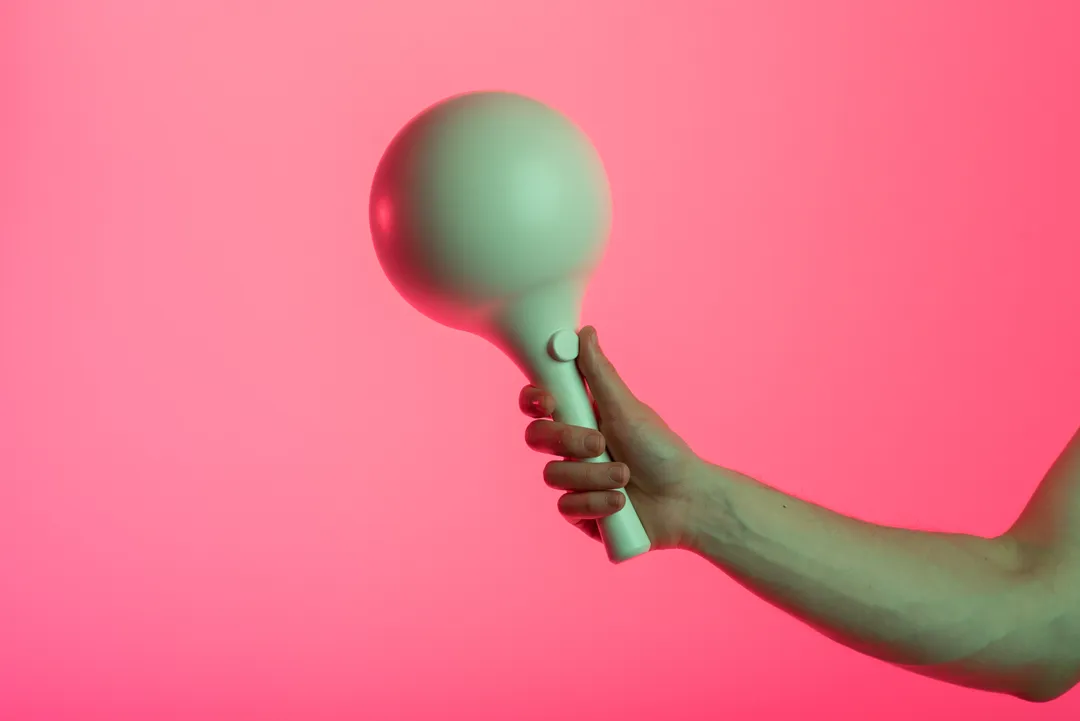Confinement
The effects of forced isolation—deprived by natural stimuli—affect the psycho-physical state and require a Space Design capable of designing effective sensory countermeasures.
Living in a confined environment for several months means a total absence of natural stimuli, which alters the circadian rhythms of sleep and wakefulness, causing depression and stress. The effects of enforced isolation are compounded by homesickness and the lack of privacy that comes from living in the same small space as other people.
Designing for Space means not only creating habitats to protect against hostile external conditions, but also going beyond functional aspects to consider the physiological, sensory and emotional aspects that are altered in confined spaces by the lack of natural stimuli. The aim is to develop an advanced concept of biosphere to improve the quality of life and the relationship between humans and nature beyond Earth.
Space Design can use the quality of light as an effective countermeasure, which can change colour and intensity by reproducing the natural cycle of day and night, thus rebalancing the circadian rhythms altered by the lack of natural light. As well as the architecture of light to create different areas and atmospheres in the same open environment according to the crew’s activities, using the light’s temperature and shape to divide spaces that define work areas or privacy. Solutions that imagine the astronauts in relaxed conditions, in a comfortable environment that, thanks to the choice of colours and materials, gives back a cosy atmosphere that makes the astronauts feel at home.
